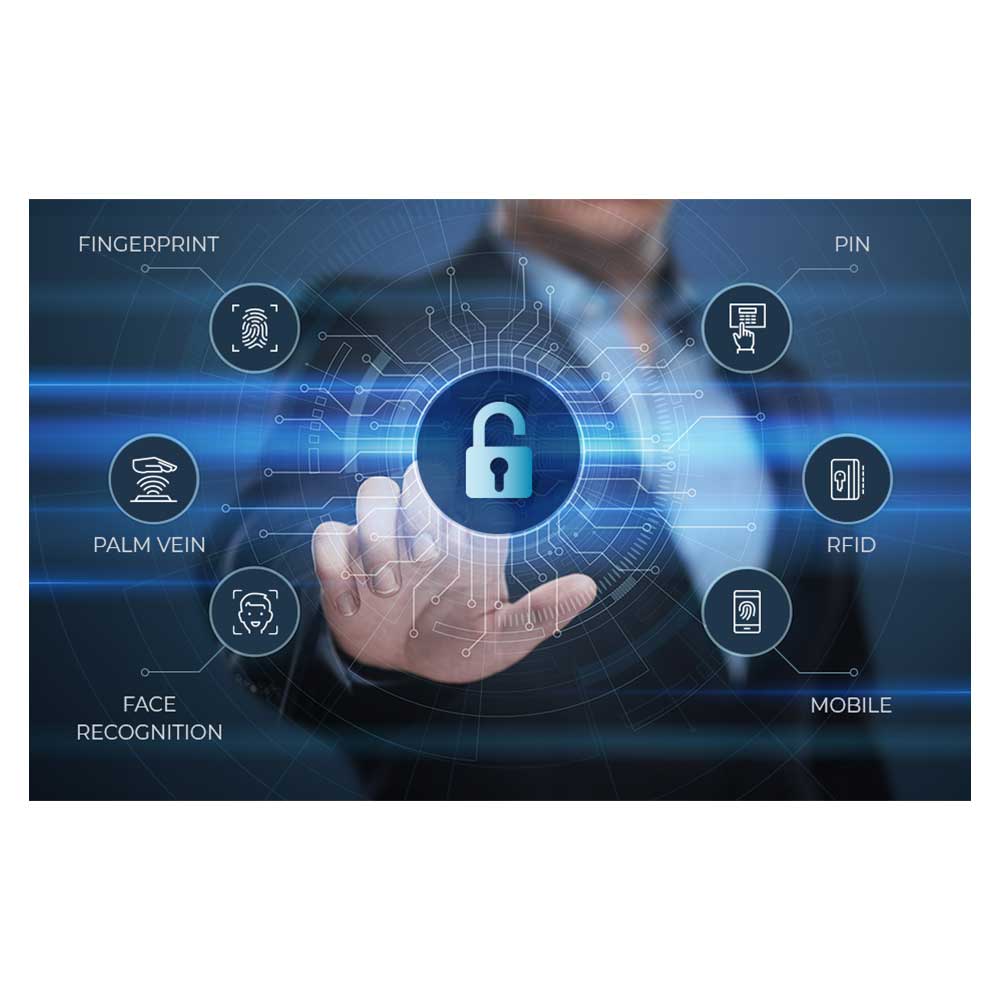Understanding Access Control: Ensuring Security with Suraj Informatics

Access control is a critical component of modern security systems, allowing organizations to protect their assets by regulating who can enter or use resources in a given physical or virtual space. As security threats become increasingly sophisticated, the need for effective access control solutions has never been more paramount. In this comprehensive guide, we will explore what access control is, the different types of access control systems, and how Suraj Informatics Access Control solutions can meet your security needs.
What is Access Control?
Access control is a security technique that regulates who or what can view or use resources in a computing environment. It is a fundamental component in the security of any facility or IT system. Access control systems are designed to keep unauthorized people out while allowing authorized individuals access to the resources they need. This includes everything from physical entry points, like doors and gates, to digital assets, like data and networks.
Types of Access Control Systems
There are several types of access control systems available, each suited to different environments and security needs. Understanding these systems can help you choose the best solution for your organization.
1. Discretionary Access Control (DAC)
Discretionary Access Control (DAC) is a type of access control system where the owner of the protected system or resource sets policies defining who can access it. DAC systems are typically used in environments where users are trusted to control access to their own resources. The flexibility of DAC systems makes them suitable for many businesses, but it also means they require diligent management to ensure security.
2. Mandatory Access Control (MAC)
Mandatory Access Control (MAC) systems enforce access policies that cannot be altered by end-users. Access decisions are made based on predefined rules and security labels assigned to users and resources. MAC is often used in environments that require a high level of security, such as government and military applications, where strict adherence to security protocols is essential.
3. Role-Based Access Control (RBAC)
Role-Based Access Control (RBAC) assigns access based on the roles individual users have within an organization. Instead of giving permissions to individual users, access rights are assigned to roles, and users are assigned to these roles. This makes it easier to manage permissions, especially in larger organizations where users’ roles may change frequently. RBAC is widely used in corporate environments for its efficiency and scalability.
4. Rule-Based Access Control
Rule-Based Access Control systems apply specific rules to determine access permissions. These rules are often based on conditions like time of day, location, and the type of device being used. Rule-based systems are highly flexible and can be customized to fit complex security requirements.
5. Attribute-Based Access Control (ABAC)
Attribute-Based Access Control (ABAC) uses attributes (such as user attributes, resource attributes, and environment attributes) to determine access permissions. ABAC systems are highly dynamic and can accommodate a wide range of access scenarios, making them suitable for complex environments with diverse security needs.
Suraj Informatics Access Control Solutions
Suraj Informatics offers a comprehensive range of access control systems designed to meet the diverse needs of businesses and organizations. With a focus on innovation and reliability, Suraj Informatics provides solutions that integrate advanced technologies to ensure optimal security.
Advanced Features
- Biometric Systems: Suraj Informatics provides cutting-edge biometric access control systems that use fingerprints, facial recognition, and other biometric data to verify identities. These systems offer a high level of security and convenience.
- Card-Based Systems: Card-based access control systems use key cards or smart cards to grant access. These systems are ideal for environments where ease of use and cost-effectiveness are priorities.
- Mobile Access: Suraj Informatics offers mobile access solutions that allow users to access secure areas using their smartphones. This modern approach enhances convenience and security.
- Integration Capabilities: Suraj Informatics access control systems can be integrated with other security systems, such as surveillance cameras and intrusion detection systems, to provide a comprehensive security solution.
- Cloud-Based Management: With cloud-based access control, Suraj Informatics allows for remote management and monitoring of access control systems, providing flexibility and real-time insights.
Benefits of Suraj Informatics Access Control Systems
- Enhanced Security: By implementing Suraj Informatics’ advanced access control solutions, organizations can significantly enhance their security posture, protecting both physical and digital assets.
- Scalability: Suraj Informatics access control systems are designed to scale with your organization, ensuring they can meet your needs as you grow.
- Compliance: With robust access control measures, businesses can ensure compliance with industry regulations and standards, avoiding costly fines and reputational damage.
- Convenience: Suraj Informatics’ user-friendly access control systems simplify the process of managing access permissions, reducing the administrative burden on security personnel.
Conclusion
Access control is a vital aspect of any organization’s security strategy. By understanding the different types of access control systems and leveraging the advanced solutions provided by Suraj Informatics Access Control, businesses can protect their assets, ensure compliance, and streamline their security operations. Whether you need a basic card-based system or a sophisticated biometric solution, Suraj Informatics has the expertise and technology to meet your needs and provide peace of mind.
